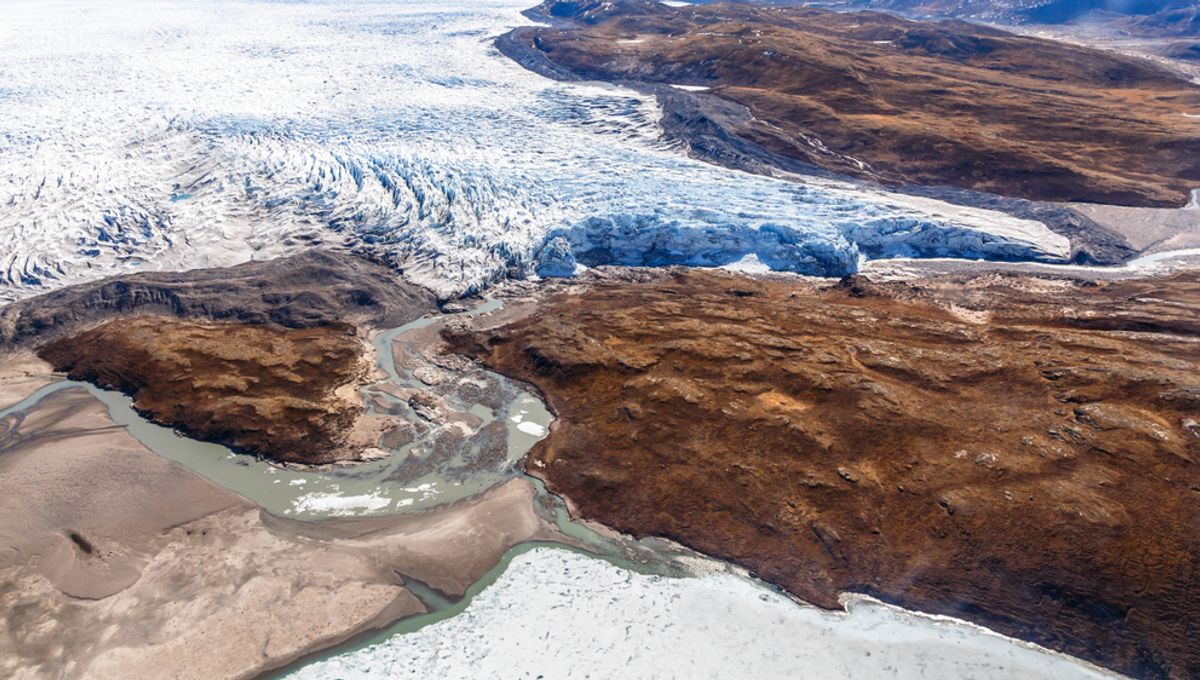
If the climate crisis is allowed to deepen, the melting of the West Antarctic and Greenland ice sheets alone could contribute about 1.4 meters (4.5 feet) to global sea level rise, according to a new study. That figure is before we even consider the impact of other contributions to the sea level rise, such as the thermal expansion of ocean water.
It almost goes without saying that this would be catastrophic for many of the world’s coastal communities, which are already starting to feel the sting of sea level rise.
The global average sea level has risen by about 20 centimeters (7.8 inches) in the past century. In terms of future projections, it can be a tricky thing to calculate as it involves complex interactions between ice sheets, icebergs, oceans, and the atmosphere. One thing that’s often not appreciated in forecasts is the complicated way ice sheets will react to climate change.
“Computer models that simulate the dynamics of the ice sheets in Greenland and Antarctica often do not account for the fact that ice sheet melting will affect ocean processes, which, in turn, can feed back onto the ice sheet and the atmosphere,” Jun Young Park, first study author and PhD student at the IBS Center for Climate Physics and Pusan National University in South Korea, explained in a statement.
In the new study, the researchers in South Korea used supercomputer simulations to work out how climate change will impact sea level rise by understanding the melting of ice sheets and the fiddly feedback cycles that involves.
The simulations ran through a number of different scenarios, such as whether the world addresses its fossil fuel use, whether we don’t take enough suitable action, or – most disastrously – the burning of fossil fuels is intensified.
The main finding is that there will be an irreversible loss of the West Antarctic and Greenland ice sheets by 2150 under a high-emission future scenario. Under this pessimistic scenario, the melting of these two giant ice sheets alone will result in 1.4 meters (4.5 feet) of global sea level rise
Even under a more forgiving scenario where fossil fuels are curbed by the end of this century, ice sheets alone are still likely to contribute to around 0.5 meters (1.6 feet) of sea level rise by 2150. If things stay the same as present, we’re perhaps looking at least 100 centimeters (39 inches) of sea level rise from ice sheets melting.
The study authors argue that the only way to prevent an ice sheet/sea level run-away effect is to reach net-zero carbon emissions before 2060. Many countries have pledged to aim for net-zero by 2050, but there’s tons of skepticism around whether their goals will be achieved or whether countries will sneakily carry on with business as usual.
“If we miss this emission goal, the ice sheets will disintegrate and melt at an accelerated pace, according to our calculations. If we don’t take any action, retreating ice sheets would continue to increase sea level by at least 100 centimeters within the next 130 years. This would be on top of other contributions, such as the thermal expansion of ocean water” added Professor Axel Timmermann, co-author of the study and Director of the IBS Center for Climate Physics.
The new study was published today in the journal Nature Communications.
Source Link: Ice Sheets May Cause 1.4-Meter Sea Level Rise If Climate Crisis Lets Rip